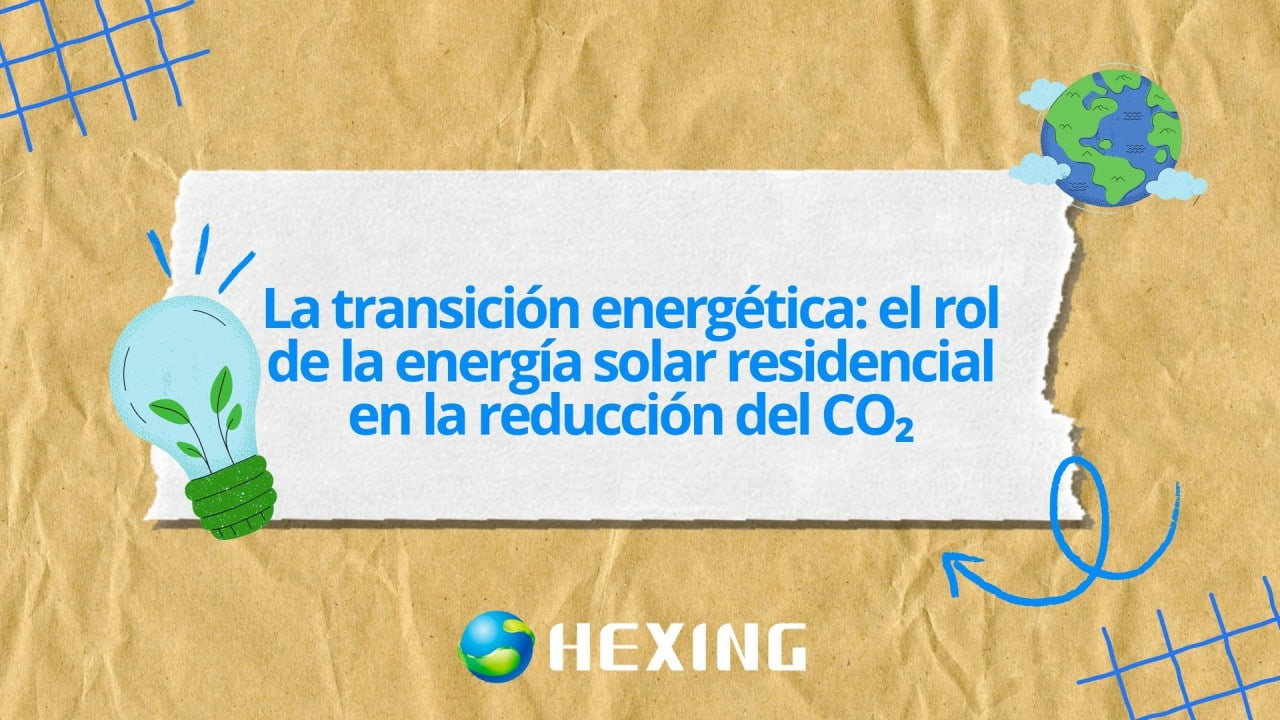2025/04/21
The energy transition is the global shift from the current energy model—primarily reliant on fossil fuels—to a cleaner, more efficient, and sustainable system dominated by renewable energy sources like solar, wind, and hydropower.

This transformation is crucial to combat climate change, reduce dependence on finite resources like oil and gas, and promote fairer, more accessible energy development. Solar energy, in particular, has emerged as a key solution for households and industries worldwide.
Key Benefits of Solar Energy in the Energy Transition
Implementing residential solar photovoltaic (PV) systems not only ensures long-term economic savings but also:
* Reduces greenhouse gas (GHG) emissions
* Lowers each household’s carbon footprint
* Enhances energy independence
* Increases property value
* Promotes a greener, more eco-conscious lifestyle
How Much CO2 Does a Residential Solar System Prevent?
The answer is a resounding yes. An average 5 kW residential solar system can prevent approximately 3 to 4 tons of CO₂ emissions per year—equivalent to:
* Planting over 100 trees annually
* Avoiding 16,000+ km of gasoline-powered driving
* Preventing the burning of 1,500+ liters of gasoline
These figures vary depending on location, solar radiation, and household energy consumption, but overall, solar power remains one of the most effective ways to shrink a home’s carbon footprint.
Real World Impact: Solar Growth in Latin America
For example, in Colombia, a household consuming 300 kWh per month and using solar power to meet that demand can avoid emitting 3.6 tons of CO₂ annually—equal to the carbon absorbed by 165 trees per year!
How to Start Your Home's Energy Transition
1. Analyze your monthly electricity consumption.
2. Consult a trusted solar provider.
3. Install a system tailored to your needs (On-Grid, Off-Grid, or Hybrid).
4. Monitor production and savings via smart systems.
5. Share your experience to inspire others.
Conclusion: Your Home Can Drive Change
The energy transition isn’t just for governments and industries—every household matters. Adopting residential solar power is a smart, cost-effective, and sustainable choice that fights climate change and secures a cleaner energy future.
Copyright © 2023 HEXING GROUP All rights reserved.